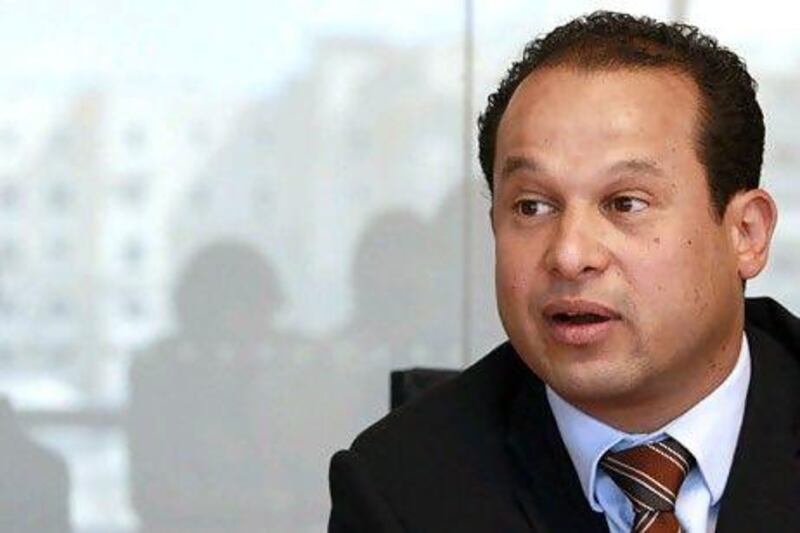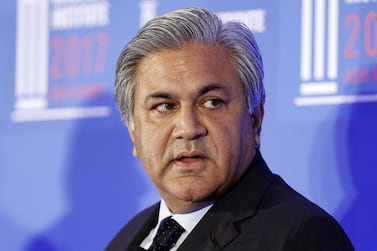The sentencing of Mustafa Abdel-Wadood, the former managing partner of the defunct private equity firm Abraaj, was postponed by more than eight months at the request of the US Attorney for the Southern District of New York, pending the outcome of an extradition request of the company’s founder, Arif Naqvi.
US Judge Lewis Kaplan agreed to adjourn the December 27, 2019 sentencing of Abdel-Wadood, who is out on $10 million (Dh36.7m) bail in New York until on or after August 1, 2020, as requested by Geoffrey Berman, according to court documents. The sentencing control date is now September 7, 2020. Abdel-Wadood is one of six former Abraaj executives facing extortion and securities fraud charges following an investigation by New York prosecutors into the collapse of what was once the largest private equity firm in the Middle East.
Abdel-Wadood, 49, who holds Egyptian and Maltese citizenship, was arrested in New York in April last year. He is the only defendant who has appeared in court, pleaded guilty to seven counts of an indictment against him and is cooperating with the US government.
Mr Naqvi is the lead defendant in the case and is out on £15m (Dh71.5m) bail in London. He refutes the charges against him and is contesting his extradition to the US. Mr Naqvi’s extradition hearing is scheduled in London for June 22-25, 2020, and again on July 1, 2020, which appears to have prompted the request to adjourn Abdel-Wadood’s sentencing by the government to August. Abdel-Wadood’s legal counsel consented to the postponement.
In June, Abdel-Wadood appeared in a New York court, pleaded guilty to conspiracy charges and agreed to cooperate with the US inquiry into a fundraising scheme that helped lead to the collapse of Abraaj, which was the largest private equity insolvency in 2018.
“Put simply, money was commingled that should have been segregated, and investors were not told the truth,” Abdel-Wadood said at his court appearance last June. “We painted a rosy picture of a prosperous firm, when, in fact, the firm was experiencing … severe liquidity issues,” he added.
In addition to Abdel-Wadood and Mr Naqvi, other executives to face legal charges include Abraaj’s chief financial officer Ashish Dave and managing directors Sivendran Vettivetpillai, Rafique Lakhani and Waqar Siddique.
Abraaj, which was founded in 2002 and claimed to manage almost $14bn of assets at its peak, was the Middle East’s biggest private equity firm and one of the world’s most active emerging market investors with interests across Africa, Asia, Latin America, Turkey and the Middle East.
It was forced into liquidation in 2018 after investors including the Bill & Melinda Gates Foundation commissioned an audit to investigate alleged mismanagement of money in Abraaj’s $1bn healthcare fund.
That investigation served to deepen scrutiny of the company and allegations of misappropriation of funds secured from US investors attracted the attention of the Securities and Exchange Commission and other US authorities.
Abdel-Wadood could be sentenced to 125 years in prison if all the terms for each of his charges are served consecutively.







